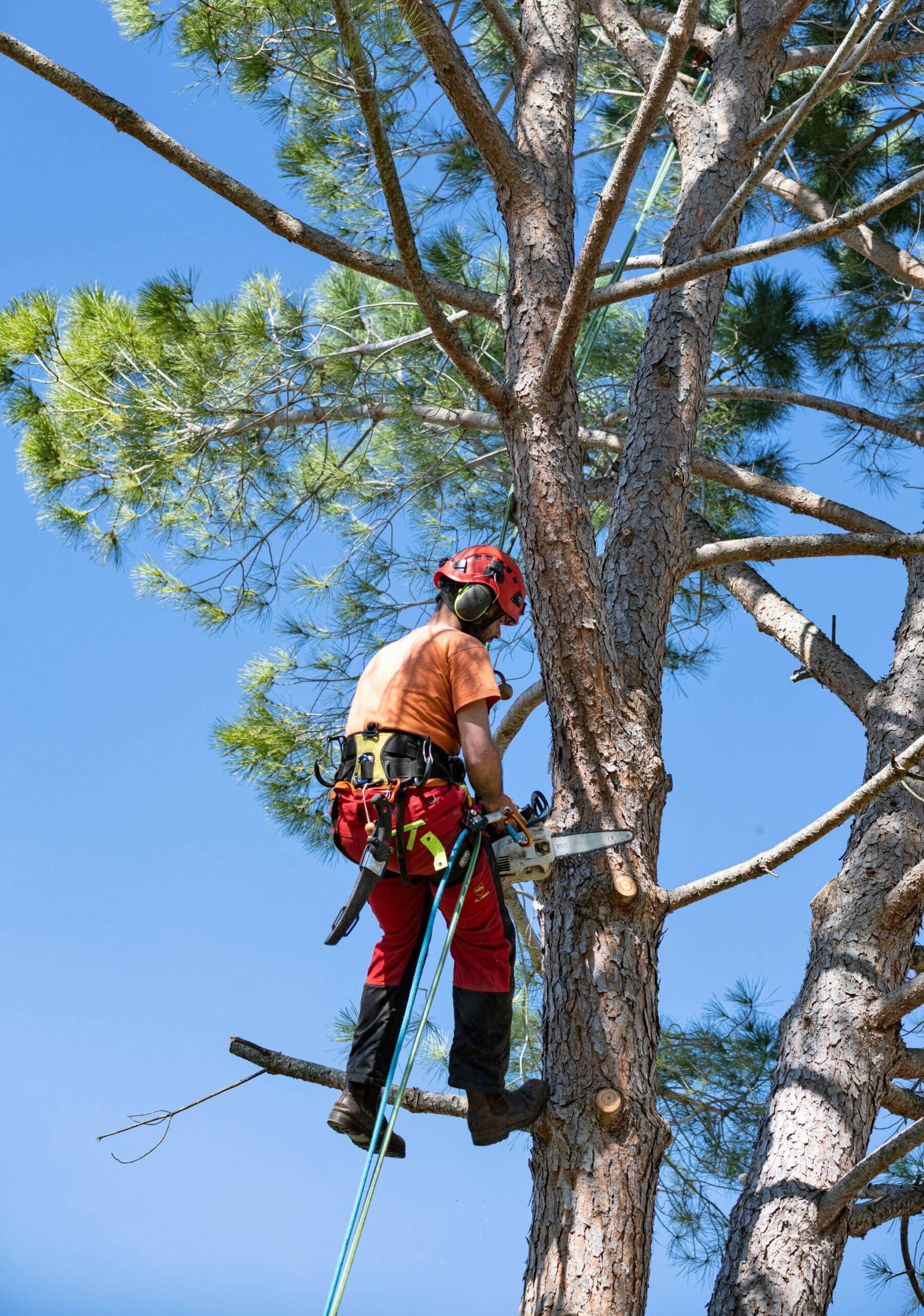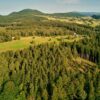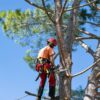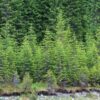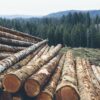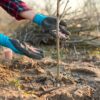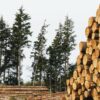Monthly Report - June 2025
Over the last month export log prices have remained stable but at lower levels than preferred. This continuance of same old is good news in the context of prices in the market have stopped falling. Across the mix of supply and demand there are signs both India and China have bottomed out and now showing signs of recovery with talk of lifts in selling prices for August settlements.
Importantly, this time of year is a time of normal cyclical lows. By comparison the export market price indicator A grade, is at the highest is has been compared to the last 4 years.
This then suggests there are likely to be better times ahead, ignoring of course the many current abnormal world factors that might impact the softwood fibre supply chain. An unhinged Donald Trump being of course one of them.
There are some exciting things happening in the market as well as some useful statistics emerging about forests on the planet and just how well poised NZ is to capture the upside.
NZ is on the cusp of a Free Trade Agreement with India. This would have two net impacts. Firstly, the dropping of the current tariff would add US$6 – 7 per m3 to the value of our Radiata pine logs. Secondly, a current supply source from Uruguay would not compete with NZ logs without tarriffs, immediately adding 2 additional shipments per month of sales to this rapidly growing trade destination.
Canada’s harvest, predominantly Lodgepole pine has shrunk from 90mil m3 pa to 35 mil in 5 years as a consequence of bark beetle infestation. Many sawmilling companies are relocating to the Pacific Northwest, harvesting and producing for the US market. This has seen PNW log exports to China slow to a trickle.
European Spruce exports to China have slowed to less than 100,000 m3 of logs per month from 600,000m3. Commentary suggests even the current volumes will eventually cease as Germany primarily, runs out of forest to harvest due to the same bark beetle that is eating its way through Canada forests.
Spain, including the Basque Country has lost in excess of 50,000 hectares of their softwood forest since 2018 due to pathogens, primarily Lecanosticata acicola. This pathogen poses a very real threat to NZ softwood forests, with our biosecurity settings undergoing a major review as a consequence.
China has faced major challenges but is emerging as a much stronger economy than some of its critics have suggested. Indeed, China has just reported a Q1 trade surplus of $US165bil. Compare this with the US trade deficit Q1 – $US425.5bil. Sorry Donald, it isn’t working!
China has been consistently using about 60,000 m3 per day of our wonderful Radiata pine logs when things were supposed to be dire. This then tells us there is a very real every day usage requirement with its foundation being the China middle class population.
This in turn tells me China need NZ to harvest about 100 hectares of our forests every day just to satisfy ongoing usage. This is an extraordinary story of two trading partners needing to continue to work collaboratively.
India log trade expansion is limited by infrastructure, with one only port currently receiving break bulk logs (Kandla). The Logs in container trade is growing quickly. We are currently supplying enough logs to fill about 10 x 40ft containers per week, the current demand is for 100 per week.
Vietnam has become a significant importer of NZ logs in containers. This mostly relates China companies manufacturing in Vietnam to dodge tariffs. But Vietnam has also become one of the strongest economies in the world with ample demand from consumers and producers for export. We (LFL) are currently supplying up to 6 containers per week to Vietnam, their demand is also in excess of 100 per week.
And to conclude with the most disturbing information recently published by Global Forest Watch suggesting 6.7mil hectares of Tropical primary forest were lost on the planet to YE 2024 due to fires, pests and land use change.
It is becoming abundantly clear NZ sits in a highly favourable position with fast growing, healthy softwood forest that comprise wood fibre that is becoming more highly regarded by an increasing number of countries.
As always, please remember the thoroughly important message, “despite the challenges, it remains, as always, fundamentally important, the only way forward for climate, country and the planet, is to get out there and plant more trees”!
Allan Laurie.
Laurie Forestry.

